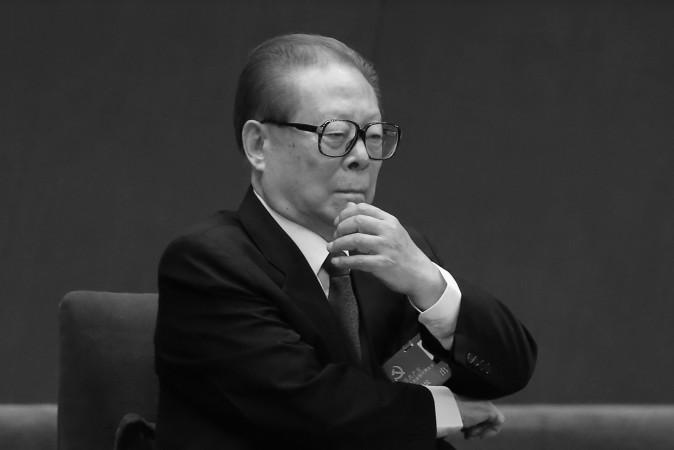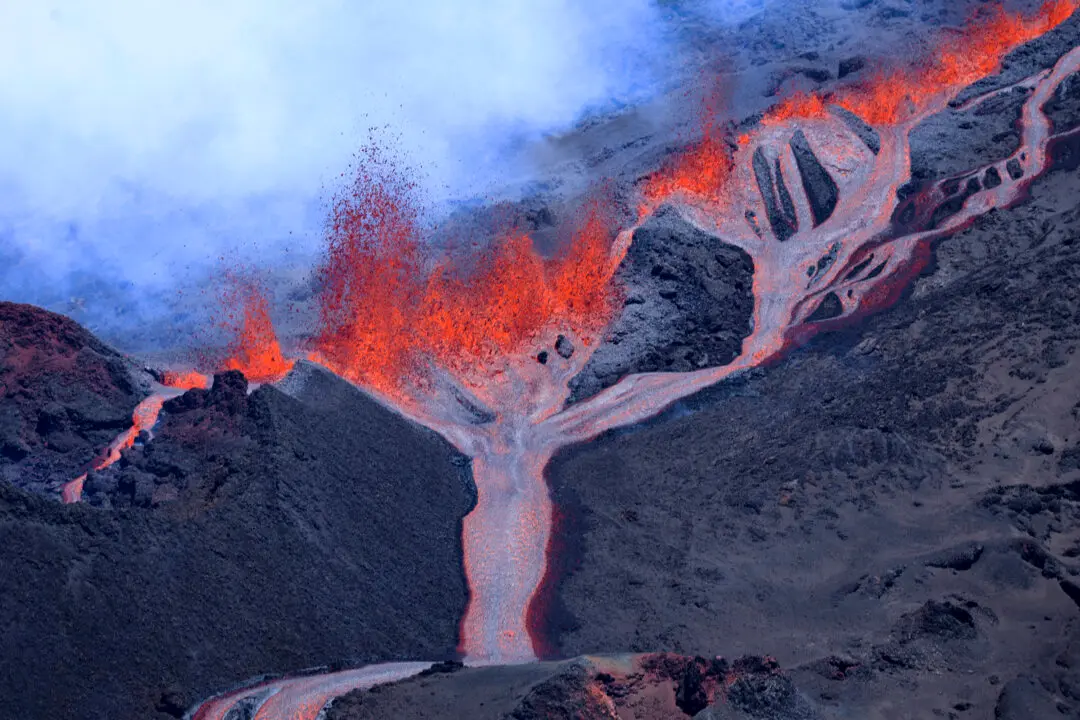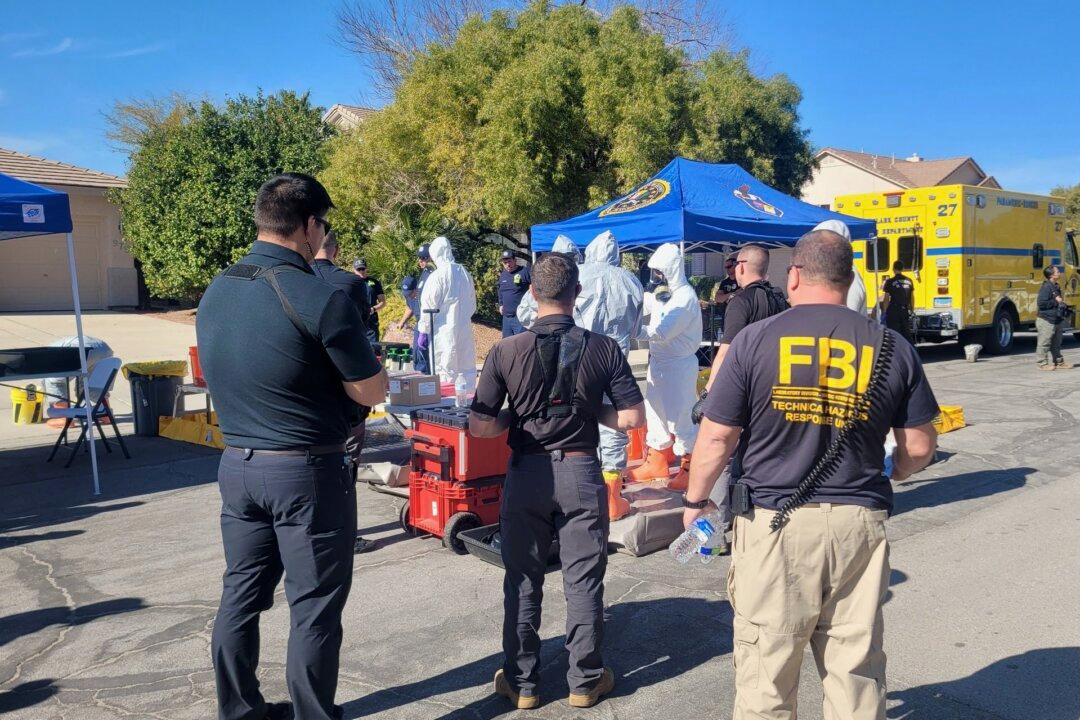Unbridled Evil: The Corrupt Reign of Jiang Zemin in China | Chapter 9
A translation of the book 'The Real Jiang Zemin' from the original Chinese

Former Chinese Communist Party leader Jiang Zemin attends the opening session of the 18th Communist Party Congress at the Great Hall of the People on Nov. 8, 2012 in Beijing, China. Rumors fly online that Jiang may be caught up in the current purges. Feng Li/Getty Images
|Updated:




